Dr. ShantanuJha makes a promising start in Kalyani by transforming it into an Open Defecation Free District
By AmitSengupta
You have probably heard of this place or perhaps not. It’s an industrial town tucked away around 50 kms from Kolkata. It’s primarily a quintessential planned urban township but that belies the other reality that this township faced at one point – a lurking sanitation and hygiene crisis which people living across its slums faced and struggled to overcome.
We are talking about Kalyani a bustling municipality in the district of Nadia, which is now an Open Defecation Free (ODF) area. Kalyani’s journey to zero defecation in the open began in the year 2006-06. It was declared an ODF municipality by the government of India in the year 2008. But the journey of this bustling township to ODF was a tough one.
It was at the intervention of the then chairman of Kalyani municipality, Dr. ShantanuJha (he is now an academician attached with Bidhan Chandra KrishiVishwavidyalaya) which was instrumental in triggering the transformational journey of Kalyani to an ODF township. It was his untiring efforts that brought this municipality into the national (it won the National Urban Water Award in 2009) and international radar (much before the Government of India’s flagship sanitation and hygiene campaigns grabbed newsprint).
Dr. Jha adopted the community led total sanitation approach to tackle the staring on-your-face sanitation crisis. He got in touch with Dr. Kamal Kar and the team at CLTS Foundation in 2005-06 to understand more about the approach and plan an intervention on behalf of the municipality. Being at the helm of affairs at the municipality Dr. Jha had all the power and authority to bring a change. More than that, he showed a persistent spirit to learn about the CLTS approach and took the challenge head on.
Speaking to CLTS Foundation, Dr. Jha said: “There were about 51 slums surrounding the municipality which didn’t the basic facilities of toilets. These were mostly unrecognized lands and hence people and workers living in these areas were deprived from government’s interventions and schemes. The community was used to defecation in the open in the absence of latrines.” The chairman had a mandate to implement the Kolkata Urban Sanitation Programme funded by the DFID. Dr. Jha reminisces: “At that time, we decided not to use the KUSP’s project fund for construction of toilets, initially, in the slums. We rather decided to tackle the behavioral issues and challenges and sanitation and hygiene awareness campaigns.”
“The CLTS approach was the most flexible of a development model I had heard of. It was about breaking the barrier. Even if the slum dwellers’ land was not recognized, we could address the issue by talking to the communities. I also had an able medical officer Dr. KasturiBakshi who worked tirelessly on this project,” said Dr. Jha while discussing about his team.
The chairman said that their approach in intervening in the slums was bottom up and participatory. “The community didn’t’ feel the presence of the municipality during the project. That was an added advantage for us since they completely owned the whole process. Our team did regular stakeholder consultations with elderly people, women and girls, children and youth. We selected some natural leaders in the slums who were instrumental in motivating and influencing the larger community. They were the local champions in triggering change,” he observed.
This created an enabling environment in execution of the project. In the meantime there were rounds of visits from Government authorities and senior ministry officials got to know about the stories of change. Kalyani municipality and Dr. Jha and his team gradually became recognized at the state and national level. Their two years of consistent efforts and community intervention started showing results when the slum dwellers stopped defecation in the open.
“The municipality was declared ODF in 2008-09. I still remember a call I received from a senior bureaucrat from the state government who jovially asked ‘How did you declare yourself ODF and which mechanisms you followed?’.Kalyani municipality was finally recognized by Government of India when we received the National Urban Water Award from the President of India in 2009. Even today when the people of the slums recognize me and talks about the transformational journey they undertook together with our team, nothing can be more satisfying than that,” recalls a proud Dr. Jha.

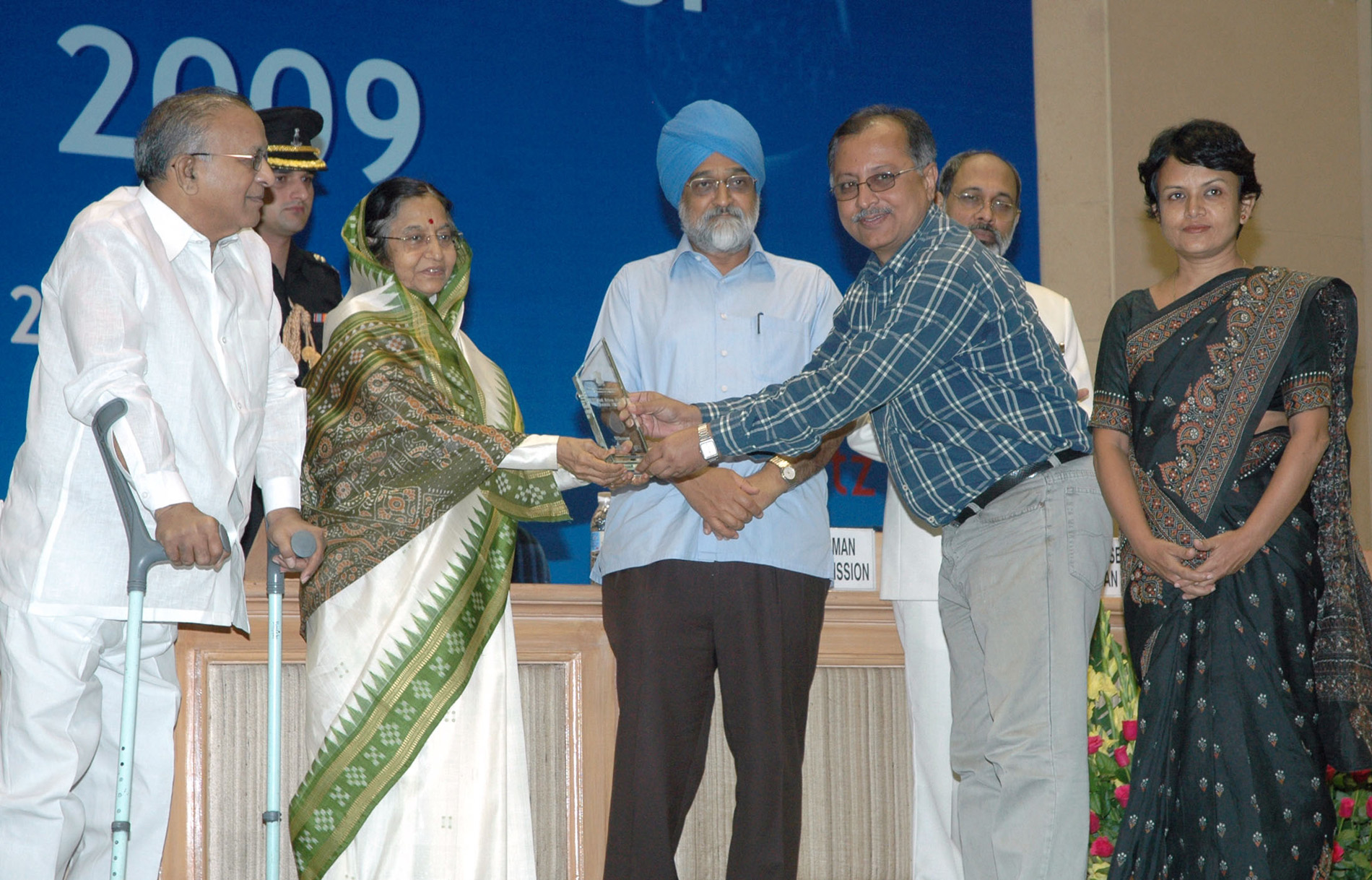
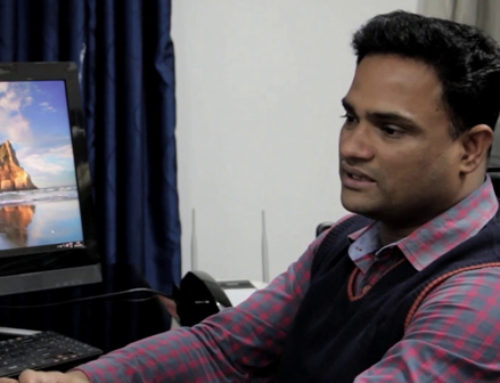
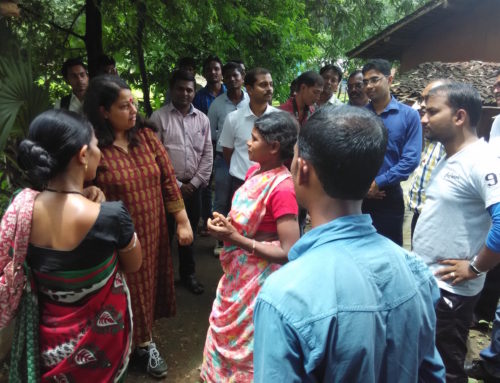
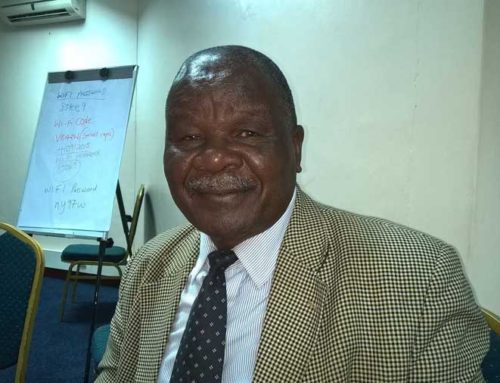
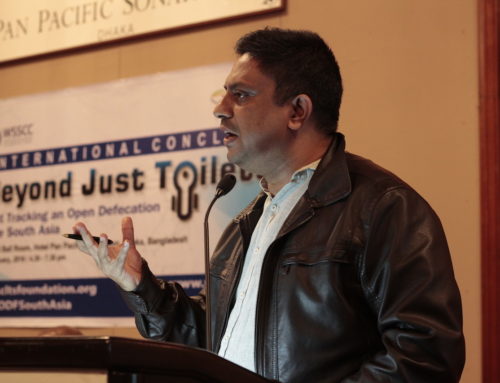
Leave A Comment